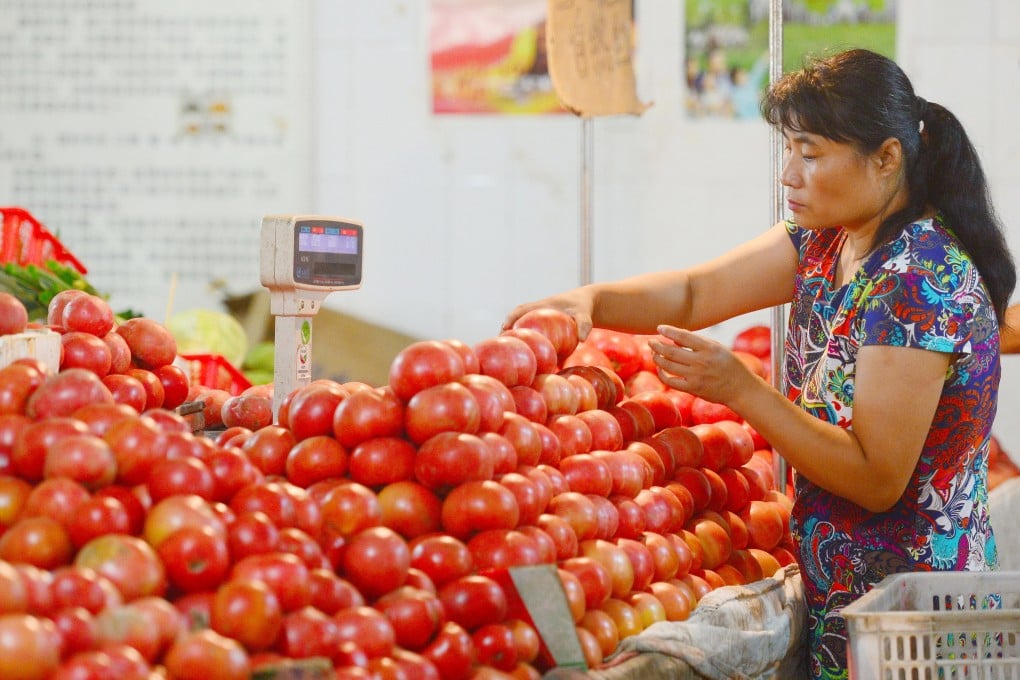Chinese consumer prices rise 1.6 per cent in July
Result leaves room for further rate cut or other steps to stimulate economy

Consumer inflation on the mainland reached 1.6 per cent in July, the central government said on Sunday, leaving room for Beijing to cut interest rates or take other steps to stimulate slowing economic growth.
The reading for the consumer price index, a main gauge of inflation released by the National Bureau of Statistics, was higher than June's 1.4 per cent.
Moderate inflation can be a boon to consumption as it pushes consumers to buy before prices go up, while falling prices encourage shoppers to delay purchases and companies to put off investment, both of which can hurt economic growth.
Slowing economic growth and declines in commodity prices have helped keep consumer inflation on the mainland in check, with some analysts raising the prospect of looming deflation given weakness in other price yardsticks.
The producer price index - a measure of costs for goods at the factory gate and a leading indicator of the trend for the CPI - declined 5.4 per cent in July, the NBS said, compared with a 4.8 per cent retreat in June, and marking the 41st consecutive monthly fall.
The CPI figure compared with the median estimate of 1.5 per cent in a survey of economists by Bloomberg News.
In July, food prices, normally the key driver for mainland inflation, rose 0.7 per cent year on year, the NBS said.
